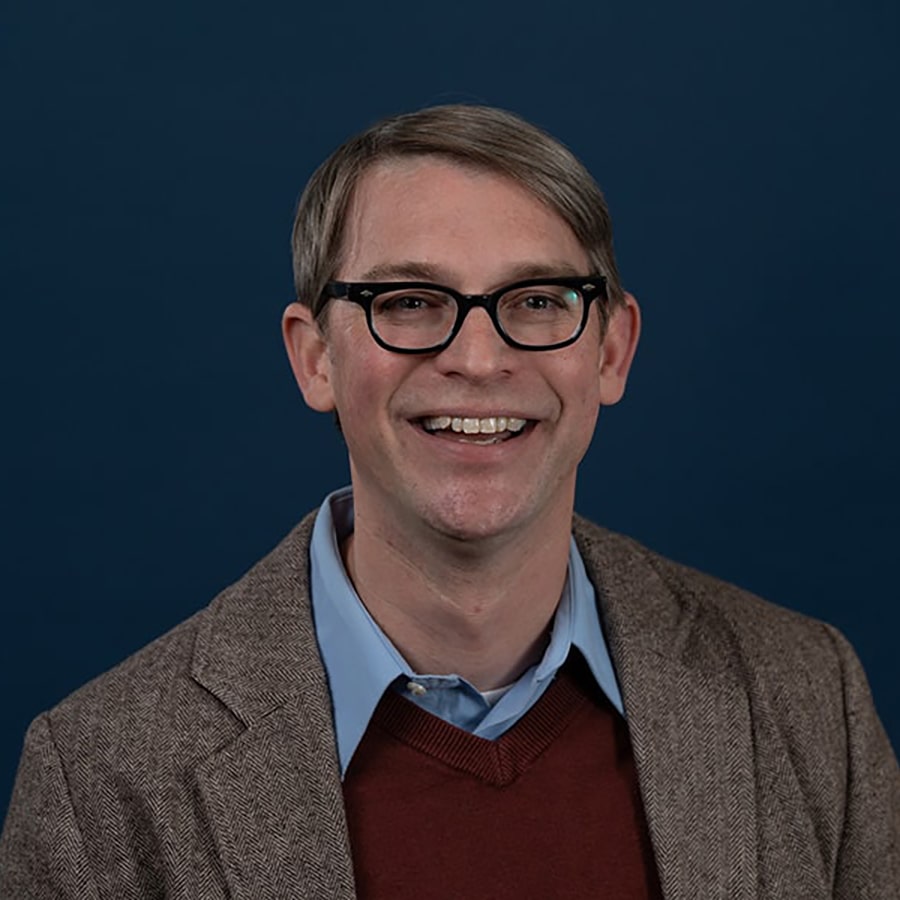
Christopher Martell
Associate Professor of Social Studies Education
Biography
Christopher Martell is an associate professor of social studies education in UMass Boston’s College of Education and Human Development. His research has appeared in numerous peer-review journals and books. He is the author of the book “Teaching History for Justice: Centering Activism in Students’ Study of the Past” (with Kaylene M. Stevens) and also the editor of the book “Social Studies Teacher Education: Critical Issues and Current Perspectives.”
Area of Expertise
Social studies education, history education, teacher education, social justice, culturally relevant and sustaining pedagogy, inquiry-based instruction
Degrees
EdD, Curriculum and Teaching (Social Studies Education), Boston University
MEd, Curriculum and Instruction, Boston College
BA, History, University of Massachusetts Amherst
Professional Publications & Contributions
Martell, C. C. & Duncan, K. E. (in press). Social studies teachers’ beliefs: Justice, democracy, and global change. In H. Fives & M. Gregoire Gill (Eds.), International handbook of research on teachers’ beliefs (2nd ed.). Routledge.
Martell, C. C., Chalmers, J. P., & Martinelle, R. (2024). Becoming and remaining (un)critical: A longitudinal study of beginning history teachers. American Educational Research Journal, 61(4), 687-723.
Harris, L. M., Martell, C. C., Chalmers, J., & Lee, J. S. (2024). "I was in the room where it happens": Educator agency and community within state social studies standards committees. Theory & Research in Social Education, 52(2), 163-189.
Additional Information
Dr. Martell has taught EDC U 466/EDC G 662 Social Studies Methods, EDC G 676 Advanced Strategies for Teaching History, Social Studies, and Ethnic Studies, EDC G 626 Integrating Social Studies and the Arts, EDC U 406/EDC G 606 Sociocultural Foundations of Education, EDC U 460/EDC G 660 Using Data to Plan Curriculum and Instruction, and supervises student teachers. Before joining the faculty of UMass Boston, he was a clinical associate professor at Boston University.
Dr. Martell was a high school social studies teacher for 11 years in urban and suburban contexts. For most of his teaching career, he taught at Framingham High School, which is a racially and economically diverse urban school outside Boston with large immigrant populations from Brazil, Central America, and the Caribbean. As a teacher, he engaged in regular examinations of his own classroom practices through action research. His research and professional interests focus on teacher development across the career span, including preservice teacher preparation, inservice professional development, and practitioner inquiry. He is particularly interested in social studies teachers in urban and multicultural contexts, and how they teach for social justice, use culturally relevant and sustaining pedagogy, and engage their students in historical inquiry.
